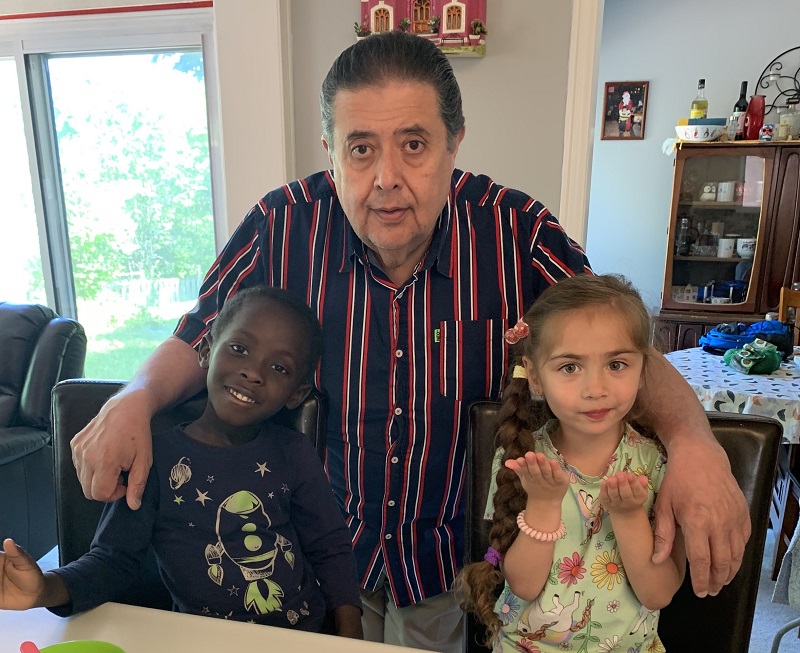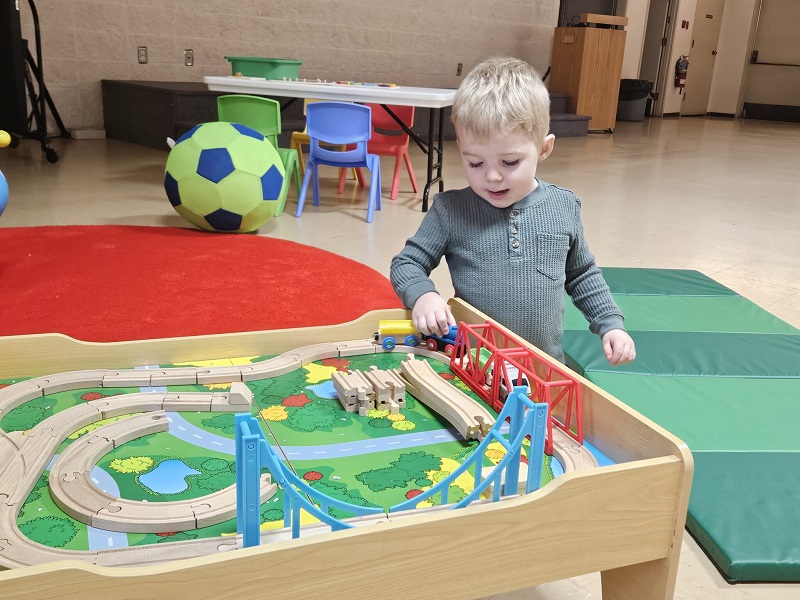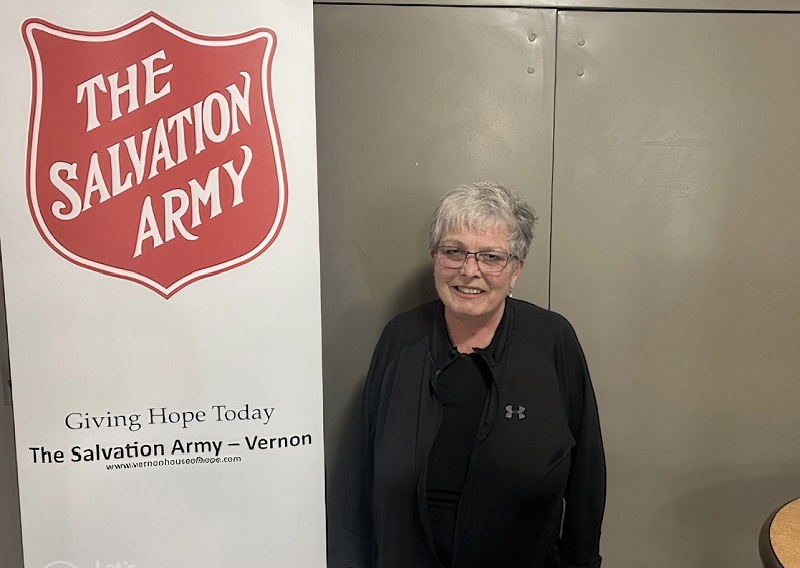Salvation Army Mentors Kids in Inner City Community
On Halloween night, 2007, an 18-year-old man from Regent Park, located in old Toronto, was shot and killed by police after allegedly being caught in a robbery. He had a replica toy gun in his possession. In response, 20 front-line youth workers from various agencies in the community gathered to discuss the existing support for at-risk youth— teens or young adults involved with crime, drugs, who are known to police, have often dropped out of, or nearly dropped out of school. The answer was clear. They weren’t being adequately assisted by anyone.
The Salvation Army has been in Regent Park since 1904. Regent Park is a community that, throughout its history, has fought to overcome many issues that arise from poverty, such as violence, stigmatization, and lack of opportunities for youth. In 2000, 614 Regent Park opened as a corps/church. It operates many effective ministries for Regent Park’s residents.
Rob Perry, ministry coordinator at 614 Regent Park, works with children and youth. “Everyone wants to have a sense of belonging,” says Rob. “If they feel they can’t belong in a church, or school, or even with family, many youth begin to look elsewhere.”
On that tragic Halloween night night a new partnership was developed between the Army and other agencies with the goal of developing initiatives to prevent future crime and help kids find belonging, friendship and the encouragement they need to get a step up.
Initiatives included:
• A Saturday night weekly drop-in at the various agencies offers young people a safe place to go where they can participate in games, sports, organized activities and engage in discussion around issues pertinent to their lives. On a given Saturday anywhere from 10 to 50 young people will gather.
• Targeting a group of eight young men who were leaders on the street carrying an enormous influence among the youth. The goal of meeting with this core group of youth was to help them make positive choices, to recognize the consequences and risks of their current lifestyle, and to support them in choosing new life paths.
• Various activities such as a camping trip, curling, wall-climbing and horseback riding.
• Providing support for youth who are involved with court, as well as visiting young people in prison.
– Relationship building and discussion in groups or as individuals that offers guidance and a means of challenging the youth to seek a better life style.
Says Rob: “In the past four years, sadly, more young people have been killed on the street. However, we have done our best to walk alongside the youth during these hardest times. And, in between, there have been so many great memories and amazing moments. The streets haven’t been transformed yet but, step by step, a few lives are in the midst of the painful and gradual transition from old to new.”





